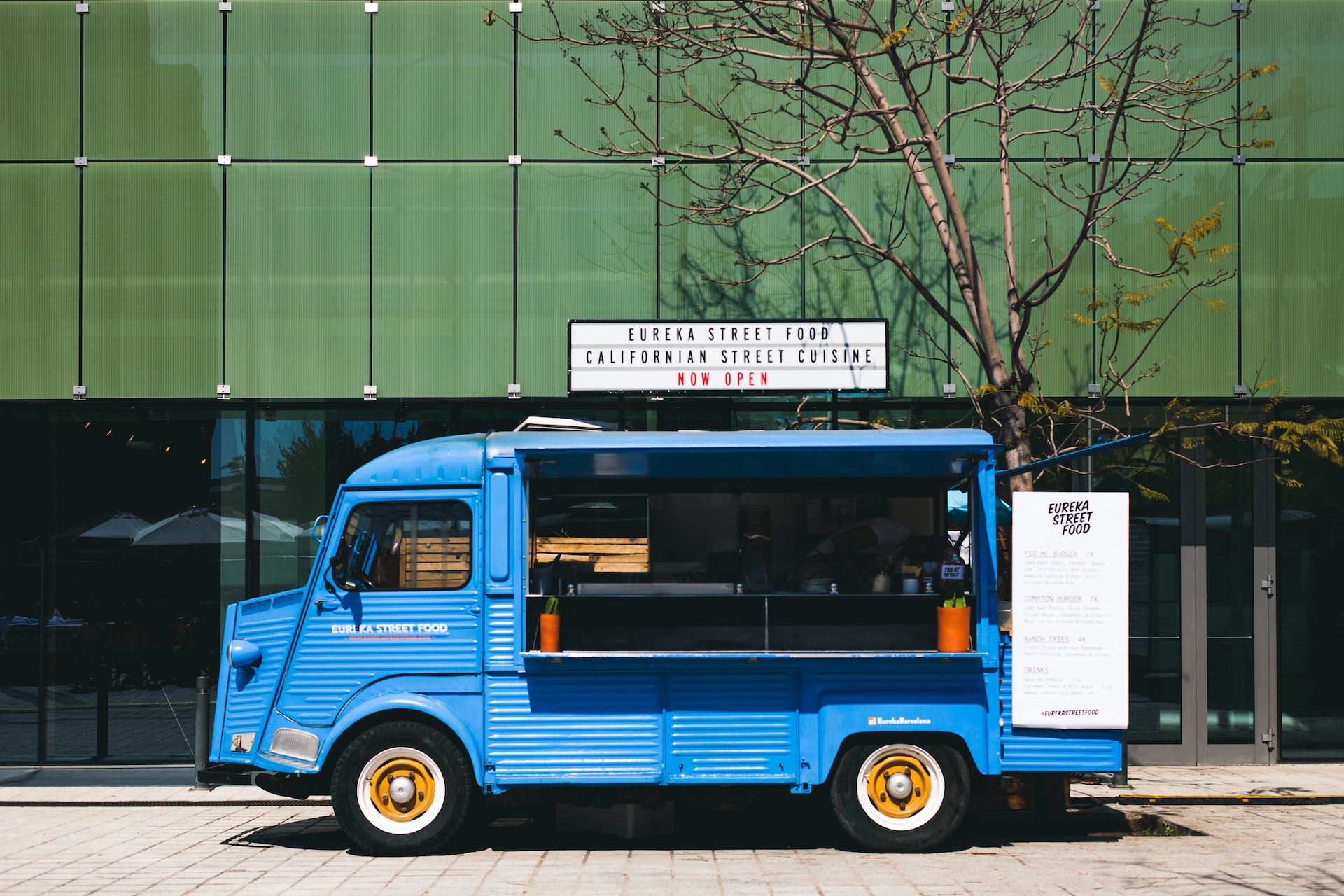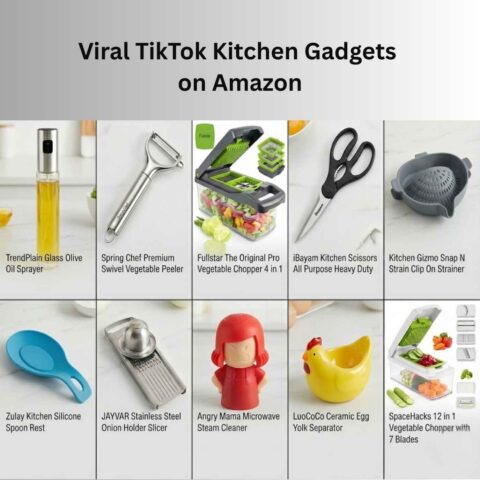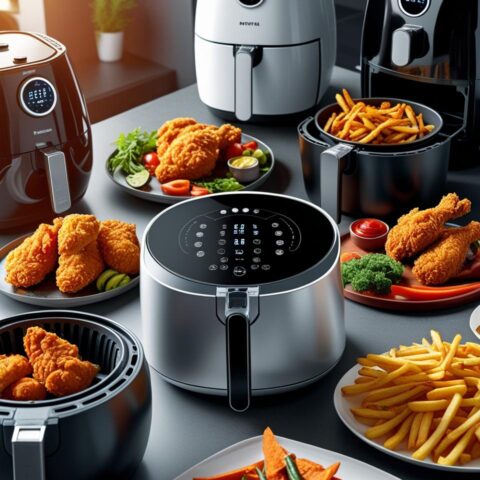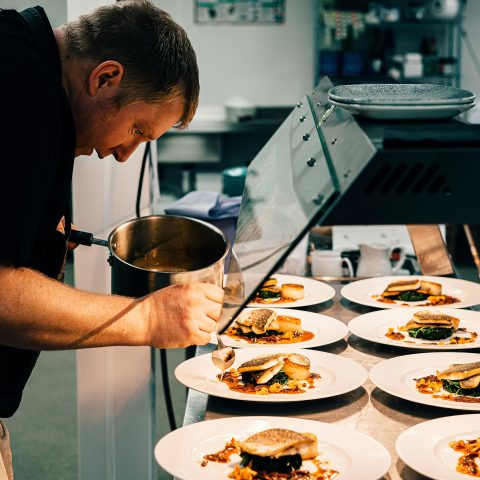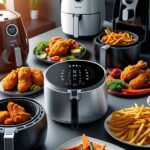Lining every street corner and selling cheap, delicious treats, food trucks, once thought to be only a trend, have proven they are here to stay for good. Indeed, the food truck industry has become increasingly popular in the past few years, driving many restaurant owners to launch their own.
However, starting a food truck business is not as easy as buying a truck and prepping up some food. There are lots of preparation involved, even before you get into the actual operation. So, here are five things you need to know about setting up a food truck business.
1. Budget for Starting Up
Compared to opening a restaurant, a food truck business is relatively low-cost, so you don’t need to prepare hefty sums of money to get it going. However, if you are scared of the financial risks, consider starting your food truck business as a side hustle. What’s great about a food truck business is you can always start small and scale up later on once you see your business grow.
Start with a limited menu first, allowing you to focus on getting a few dishes right. Doing so will allow you to expand your options or add more items later once you get to know your customers better. Keep things as simple as possible by starting with a stall before you decide to invest in a truck. Once you have fully established your business with a growing customer base, you can purchase a second-hand van and convert it into a food truck.
The average cost of opening a food truck business should be anywhere between £5,000 and £50,000. You must also consider the legal fees, truck customisation, and other hidden costs, which could set you back as much as £100,000.
2. Advertising
Another essential aspect to think of when opening a food truck business is advertising. Let people know of your presence. If you have parked at a busy festival market along with many other food trucks, you should find ways to stand out to potential customers. Therefore, invest in your branding and social media presence. Offer great deals to customers, so they will keep coming back for more.
Since you are selling on the street, your personality will be a significant aspect of your branding, as this is how customers will know who you are and be accepted by the local company. Consider partnering with micro-influencers or providing free delivery services to nearby businesses and offices. What’s good about a food truck business is that it can move anywhere, so take advantage of location-based advertising to help boost your sales. For instance, if you plan on selling at a music festival, use geofencing marketing to create ads and target mobile users in the area.
Using your social media page, encourage customers to repost and share the photos they took of your business. This is a great way to let customers know of your presence without generating the content yourself.
3. Food Hygiene
As expected with any business, running a food truck business has some drawbacks. One of the most common issues is the limited space, which makes it more difficult to maintain cleanliness and adhere to proper food sanitization.
Even though food trucks are becoming more popular, they face increasing challenges in food hygiene and safety. The limited space means maintaining safe food standards can be a challenge. But this doesn’t mean that it is not possible. With proper knowledge and tools, maintaining the highest hygiene standards in your food truck business can be possible. Start by investing in food hygiene safety courses, where you can learn about food hygiene and other tips for food safety and sanitation. You must also require your staff to undergo the training, especially those in charge of food preparation.
Be familiar with the local codes regarding food safety, as it’s paramount to developing a comprehensive plan for your food truck business. By considering the requirements set by your local government, you’ll be able to manage your business more effectively while ensuring compliance and preventing legal woes.
4. Insurance
Protect your business by taking up insurance. Look for food and drink insurance policy that can meet the needs of your food truck business. The insurance will protect you against accidents, lawsuits, and oversights that could be financially devastating for your business.
The ideal policy for your food truck business is something that can protect you in case someone gets injured due to your business. It should also include employer’s liability coverage, which is necessary if you have employees, as it will cover you in case your staff gets injured while working in your food truck business. Food truck business owners should also acquire vehicle insurance, a legal requirement when driving your food truck down the road.
Given the various risks businesses face every day, it’s necessary to acquire adequate insurance when opening a food truck business. Without insurance, your food truck business will be vulnerable to risks, driving you to bankruptcy and serious financial losses.
5. Research What Supplies You Need
When opening a food truck business, there are many things you need to invest in from the start, aside from the truck. Once you have the vehicle, the next step is to equip it with equipment and supplies, which are essential for preparing the foods to sell and keeping your truck running efficiently.
To start with, you need to purchase equipment for cooking, which includes grills, fryers, rangers, toasters, and microwaves. Next, you need warming and holding equipment, such as soup kettles, countertop food warmers and fry dump stations. You will also need tools for food preparation before you can operate your business, such as worktables, cutting boards, chef knives, kitchen utensils, cookware, and kitchen thermometers.
The other tools and supplies you need for your business are serving equipment, refrigeration equipment, and janitorial equipment. The serving equipment includes food trays, disposable takeout supplies, cups, napkins, and more. Meanwhile, refrigeration equipment refers to prep tables and under-counter refrigeration. Of course, the supplies you need will vary depending on the type of food you plan on selling.

